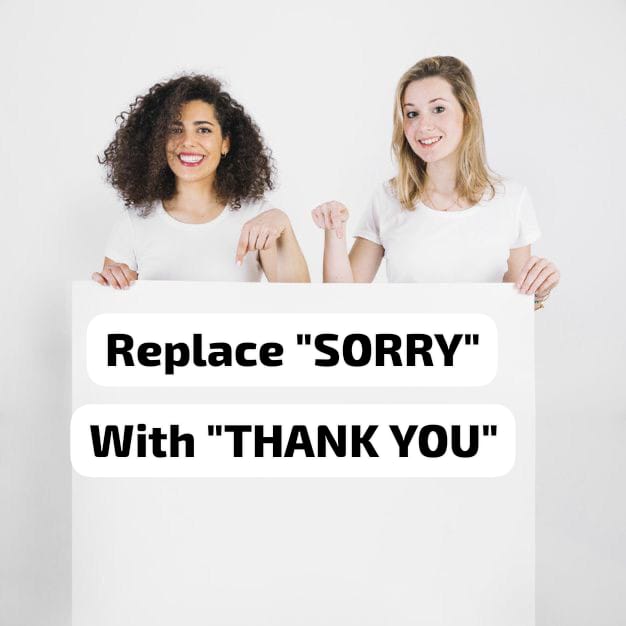“Gratitude has the power to strengthen bonds and uplift spirits. While ‘thank you’ is the most common way to express appreciation, there are many other ways to show gratitude depending on the tone, formality, and situation. In this post, we’ll explore meaningful alternatives to saying ‘thank you’ that can help you communicate your appreciation more thoughtfully.”
Different Ways to Say Thank You:
- I truly appreciate it – A sincere way to show heartfelt gratitude.
Example: “I truly appreciate your help with this project.” - Much appreciated – Short, sweet, and respectful.
Example: “Your support during the meeting was much appreciated.” - I’m really grateful – Shows genuine thankfulness.
Example: “I’m really grateful for your advice.” - Thanks a lot – A casual and enthusiastic way to say thanks.
Example: “Thanks a lot for picking me up!” - I’m thankful – A warm, personal expression of appreciation.
Example: “I’m thankful to have you as a friend.” - Thanks so much – Adds emphasis to a simple thank you.
Example: “Thanks so much for everything you’ve done.” - I can’t thank you enough – For moments when gratitude feels overwhelming.
Example: “I can’t thank you enough for your support.” - I’m beyond grateful – A stronger, emotional way to say thank you.
Example: “I’m beyond grateful for your kindness.” - Many thanks – A polite, slightly formal way to express gratitude.
Example: “Many thanks for your prompt reply.” - I appreciate that – A simple yet effective expression.
Example: “You went out of your way to help, and I really appreciate that.” - Endless thanks – Dramatic, yet warm and personal.
Example: “Endless thanks for standing by me.” - Gratefully yours – A formal phrase often used in letters and emails.
Example: “Gratefully yours, [Your Name]” - A million thanks – A cheerful and friendly expression.
Example: “A million thanks for the birthday gift!” - I’m full of gratitude – Perfect for emotional or deep situations.
Example: “I’m full of gratitude for the care you’ve shown.” - Thanks heaps – Informal and often used in British or Australian English.
Example: “Thanks heaps for all the help today!”
“Expressing gratitude can brighten someone’s day and foster lasting connections. Instead of sticking to the usual ‘thank you,’ try using these creative alternatives to personalize your appreciation and make your words more memorable. A little change in how we say thanks can make a big impact.”

